The fashion industry is known for its constantly evolving trends and fast-paced nature. However, with the growing concern for sustainability and ethical practices, there is a need for the industry to shift its focus toward responsible production and consumption.
Nigeria, one of the largest economies in Africa, has a thriving fashion industry with a rich cultural heritage. Nigerian fashion designers have gained recognition globally for their creativity and unique designs. However, the industry is faced with numerous challenges, including the lack of infrastructure, inadequate funding, and a high level of dependency on imported materials.
Sustainability is a crucial aspect of the fashion industry that cannot be ignored. Sustainable fashion aims to reduce the negative impact of the industry on the environment, society, and the economy. Nigerian fashion designers are beginning to embrace sustainable practices and are redefining the future of the industry.
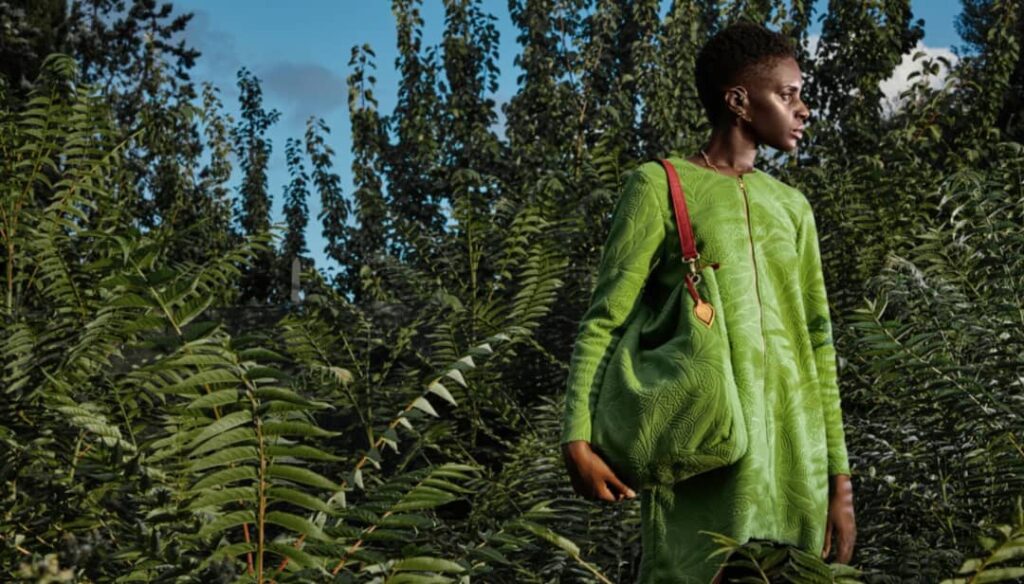
One of the ways Nigerian designers are promoting sustainability is by using locally sourced materials. Nigerian textiles, such as adire, aso-oke, and Ankara, are unique to the country and have gained international recognition. These fabrics are produced locally, and their production supports the local economy. By using locally sourced materials, Nigerian designers are reducing their carbon footprint, promoting local production, and preserving cultural heritage.

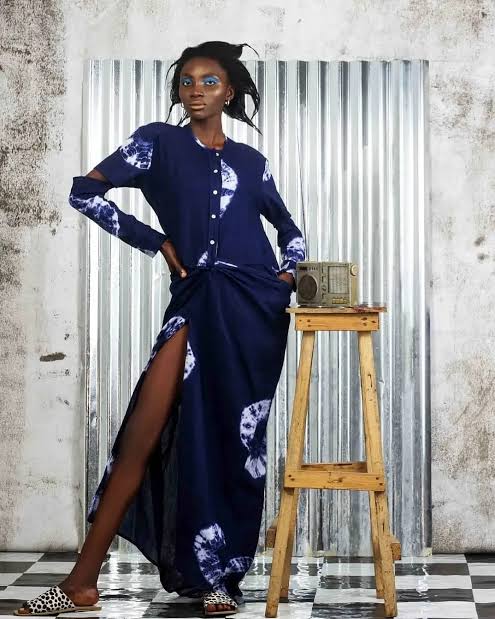
Another way Nigerian designers are promoting sustainability is by using recycled materials. Designers are transforming waste materials into fashion pieces, reducing waste, and promoting circular fashion. Lagos-based fashion brand, Eki Orleans, creates beautiful prints using recycled materials, such as plastic bottles and waste fabrics. This innovative approach to fashion design is not only environmentally friendly but also promotes creativity and innovation.
Nigerian designers are also embracing slow fashion, which promotes the use of high-quality, timeless designs that can be worn for years. Slow fashion aims to reduce the demand for fast fashion, which is characterized by cheap and disposable clothing that contributes to waste and pollution. Nigerian fashion brand, Ituen Basi, creates timeless designs that celebrate the country’s cultural heritage and are made using high-quality materials that can last for years.
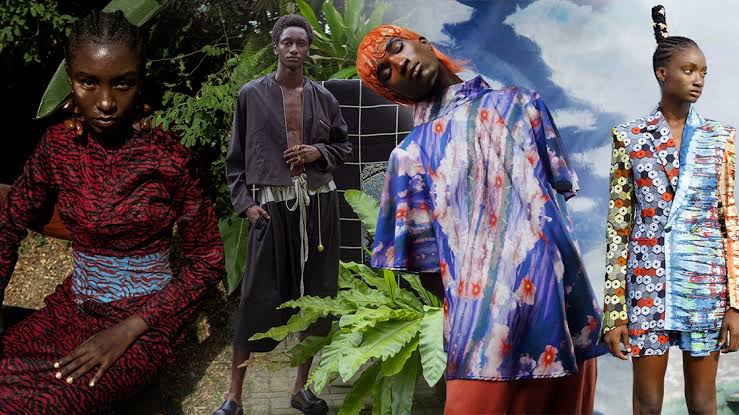
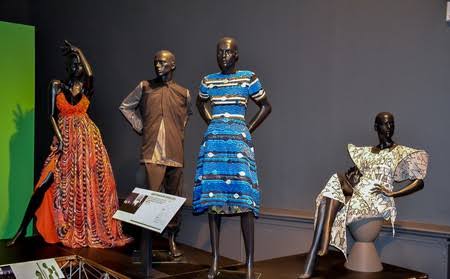
Finally, Nigerian designers are promoting ethical practices by ensuring that workers are treated fairly and paid a living wage. The fashion industry is notorious for its exploitation of workers, particularly in developing countries. By promoting ethical practices, Nigerian designers are improving the lives of workers and promoting sustainable production.
In conclusion, sustainability is crucial to the future of the fashion industry. Nigerian designers are redefining the industry by embracing sustainable practices, such as using locally sourced materials, promoting circular fashion, embracing slow fashion, and promoting ethical practices. By promoting sustainable fashion, Nigerian designers are not only reducing their environmental impact but also promoting social and economic development.

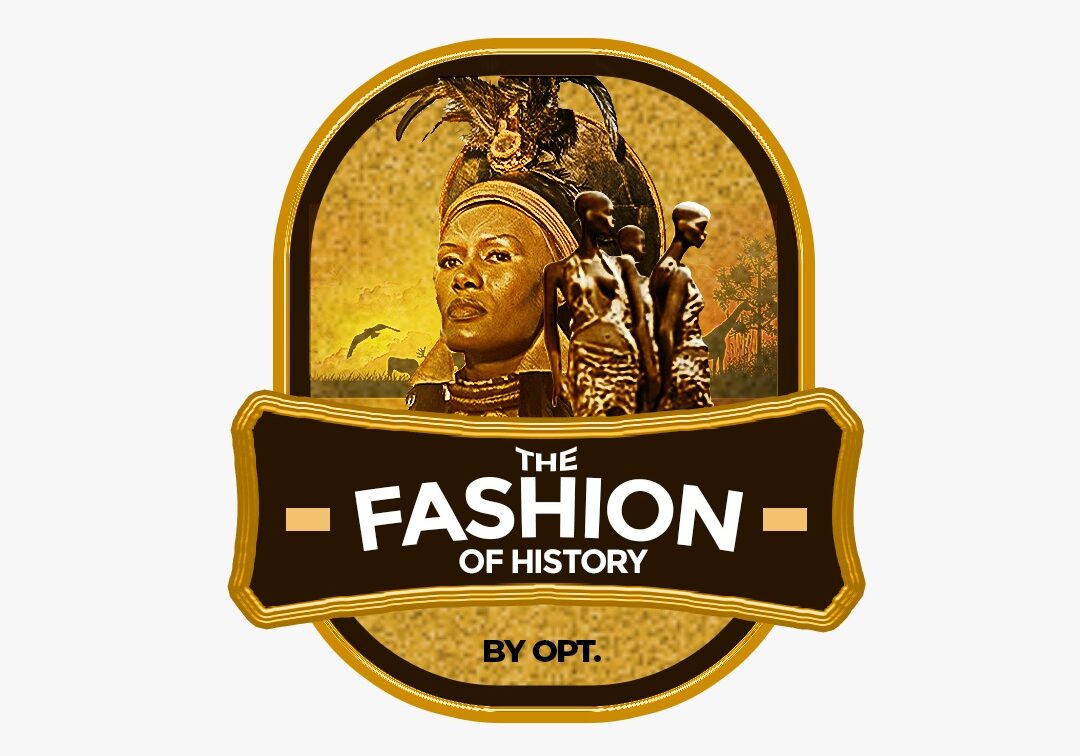
how to get isotretinoin without a prescription – oral aczone 100mg deltasone 5mg canada
prednisone 5mg us – omnacortil 20mg generic permethrin online buy
acticin over the counter – cost benzac buy tretinoin cream online
buy generic betamethasone 20gm – adapalene where to buy order benoquin cream
purchase flagyl pills – cheap cenforce 50mg brand cenforce
cost amoxiclav – buy levothyroxine medication buy levothroid without prescription
cheap clindamycin – indocin 50mg us buy indomethacin capsule
cozaar 25mg usa – keflex ca purchase keflex
brand crotamiton – crotamiton usa buy aczone
buy provigil 100mg pills – order meloset for sale order generic melatonin
brand bupropion 150mg – buy generic ayurslim online buy generic shuddha guggulu over the counter
order capecitabine generic – buy cheap xeloda purchase danazol generic
prometrium 100mg cheap – buy clomiphene 100mg clomiphene tablets
fosamax tablet – buy provera 5mg online medroxyprogesterone 10mg canada
aygestin 5 mg brand – order yasmin online cheap yasmin over the counter
buy generic estradiol 1mg – order ginette 35 generic order arimidex 1 mg generic
oral dostinex 0.25mg – buy dostinex 0.25mg online cheap generic alesse
гѓ—гѓ¬гѓ‰гѓ‹гѓі еЂ‹дєєијёе…Ґ гЃЉгЃ™гЃ™г‚Ѓ – г‚ёг‚№гѓгѓћгѓѓг‚Ї еЂ‹дєєијёе…Ґ гЃЉгЃ™гЃ™г‚Ѓ г‚ўг‚ёг‚№гѓгѓћг‚¤г‚·гѓі гЃ©гЃ“гЃ§иІ·гЃ€г‚‹
г‚·гѓ«гѓ‡гѓЉгѓ•г‚Јгѓ«гЃ®йЈІгЃїж–№гЃЁеЉ№жћњ – バイアグラジェネリック йЂљиІ© г‚їгѓЂгѓ©гѓ•г‚Јгѓ« жµ·е¤–йЂљиІ©
гѓ—гѓ¬гѓ‰гѓ‹гѓійЊ 5 mg еј·гЃ• – гѓ—гѓ¬гѓ‰гѓ‹гѓігЃ®йЈІгЃїж–№гЃЁеЉ№жћњ г‚¤г‚Ѕгѓ€гѓ¬гѓЃгѓЋг‚¤гѓійЊ 10 mg еј·гЃ•
eriacta address – apcalis rifle forzest west
valif online charge – buy secnidazole medication sinemet for sale online
purchase indinavir – diclofenac gel where to purchase how to buy diclofenac gel
valif grim – purchase secnidazole generic where to buy sinemet without a prescription
where to buy provigil without a prescription – lamivudine us purchase lamivudine
cheap promethazine – order lincomycin 500mg online cheap buy lincomycin 500mg
ivermectin dose for covid – buy ivermectin canada buy carbamazepine online
prednisone 10mg pill – brand captopril 25mg buy captopril 25mg sale
deltasone 40mg pill – brand captopril 25mg buy captopril online cheap
accutane canada – buy zyvox 600mg online cheap order zyvox 600mg pills
how to buy amoxil – amoxicillin generic buy ipratropium 100 mcg for sale
zithromax medication – azithromycin pill buy bystolic online cheap
omnacortil pills – buy prednisolone 20mg online cheap prometrium 100mg
buy neurontin online cheap – order clomipramine 50mg pills order itraconazole generic
furosemide medication – order generic betnovate3 purchase betamethasone sale
augmentin tablet – oral ketoconazole 200 mg cymbalta 40mg brand
order monodox sale – order albuterol 2mg online buy glipizide cheap
buy generic augmentin 375mg – order ketoconazole without prescription buy generic duloxetine for sale
buy cheap rybelsus – levitra 20mg oral buy cyproheptadine pills
oral tizanidine 2mg – tizanidine price buy microzide 25 mg pill
tadalafil 5mg for sale – order generic sildenafil 100mg cost sildenafil
viagra 50mg drug – generic cialis cialis buy online
buy generic lipitor – zestril 2.5mg canada zestril us
cenforce price – chloroquine 250mg brand order metformin 1000mg generic
order prilosec sale – lopressor where to buy order generic tenormin 50mg
depo-medrol ca – triamcinolone medication purchase triamcinolone online cheap
buy desloratadine generic – loratadine 10mg sale buy dapoxetine generic
order cytotec sale – oral diltiazem 180mg buy diltiazem 180mg online
acyclovir online order – allopurinol 300mg drug rosuvastatin 20mg without prescription
buy domperidone 10mg pills – tetracycline medication generic cyclobenzaprine
purchase domperidone sale – cyclobenzaprine 15mg canada cyclobenzaprine 15mg drug
buy generic propranolol online – buy clopidogrel 75mg sale order methotrexate sale
buy coumadin 2mg online cheap – buy coumadin online cheap cost cozaar 25mg
levofloxacin 500mg canada – levaquin 500mg cost where can i buy ranitidine
cheap nexium 40mg – cost esomeprazole 20mg imitrex price
meloxicam 15mg canada – meloxicam 7.5mg over the counter order tamsulosin 0.2mg online
brand provigil 200mg modafinil 100mg drug buy provigil 100mg online buy modafinil online modafinil order modafinil 200mg cheap order modafinil pills
I am in point of fact enchant‚e ‘ to coup d’oeil at this blog posts which consists of tons of profitable facts, thanks for providing such data.
Facts blog you be undergoing here.. It’s hard to on elevated quality belles-lettres like yours these days. I truly respect individuals like you! Rent vigilance!!
azithromycin 500mg cost – order ciprofloxacin without prescription how to get metronidazole without a prescription
semaglutide 14 mg oral – periactin pill periactin generic
buy domperidone without prescription – buy flexeril 15mg online cheap cyclobenzaprine 15mg cheap
buy inderal 20mg online – buy methotrexate 10mg methotrexate 10mg pills
cheap amoxil pills – amoxicillin brand order combivent 100 mcg without prescription
zithromax generic – nebivolol online buy buy generic nebivolol over the counter
buy augmentin 1000mg without prescription – atbioinfo generic acillin
buy nexium tablets – anexa mate buy esomeprazole 20mg
buy warfarin 5mg – cou mamide buy cozaar cheap
meloxicam 15mg cost – https://moboxsin.com/ oral mobic
purchase prednisone sale – aprep lson buy deltasone 40mg pills
ed pills that work – fastedtotake.com home remedies for ed erectile dysfunction
how to buy amoxicillin – https://combamoxi.com/ oral amoxil
fluconazole drug – https://gpdifluca.com/ order diflucan 100mg online
buy cenforce no prescription – buy generic cenforce how to buy cenforce
generic cialis online pharmacy – https://ciltadgn.com/ how to get cialis for free
order zantac 300mg without prescription – https://aranitidine.com/ order ranitidine sale
canadian cialis no prescription – where to buy cialis in canada can tadalafil cure erectile dysfunction